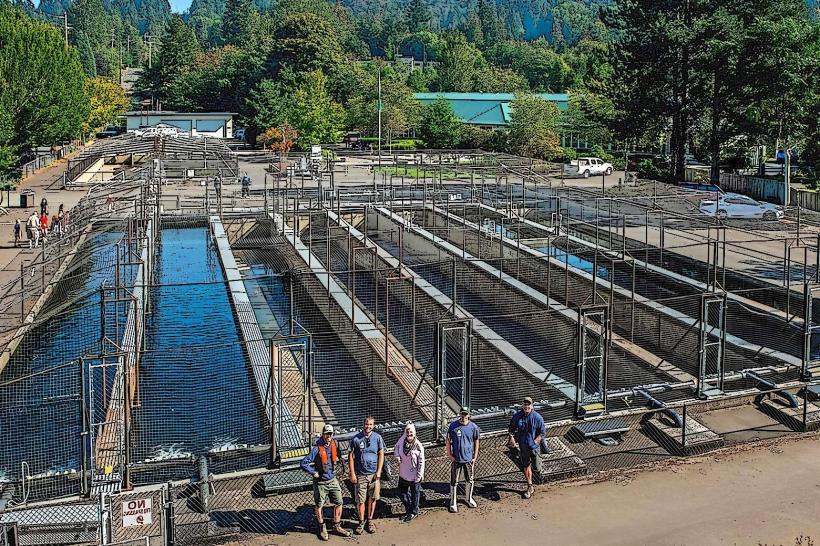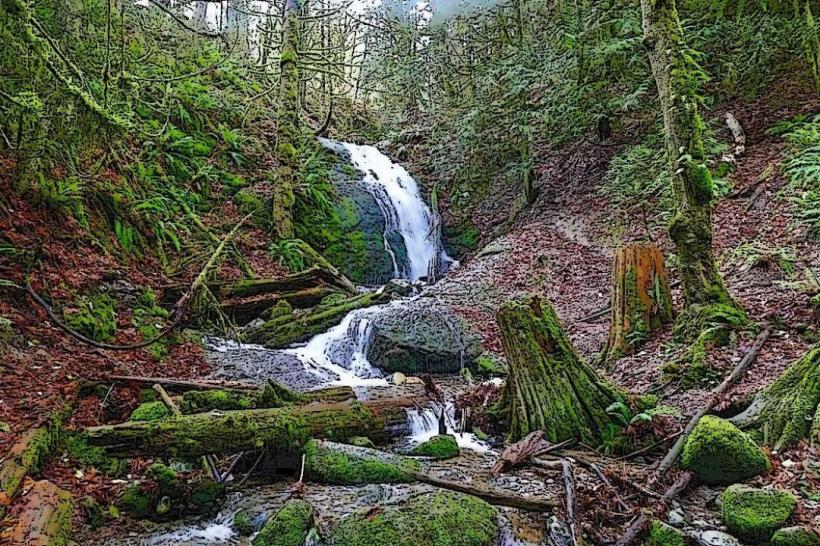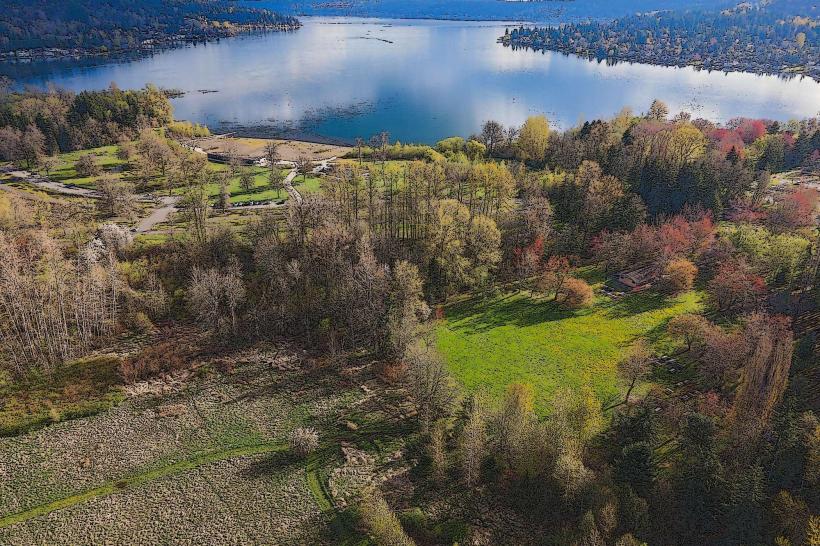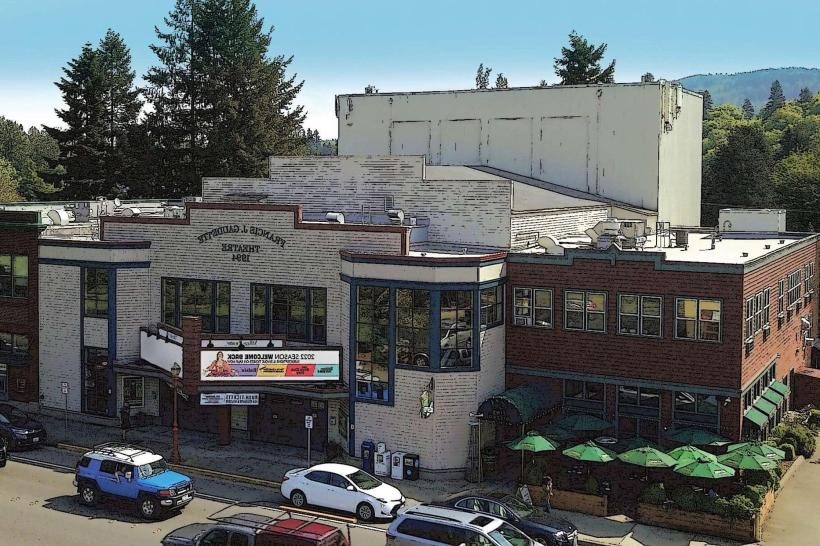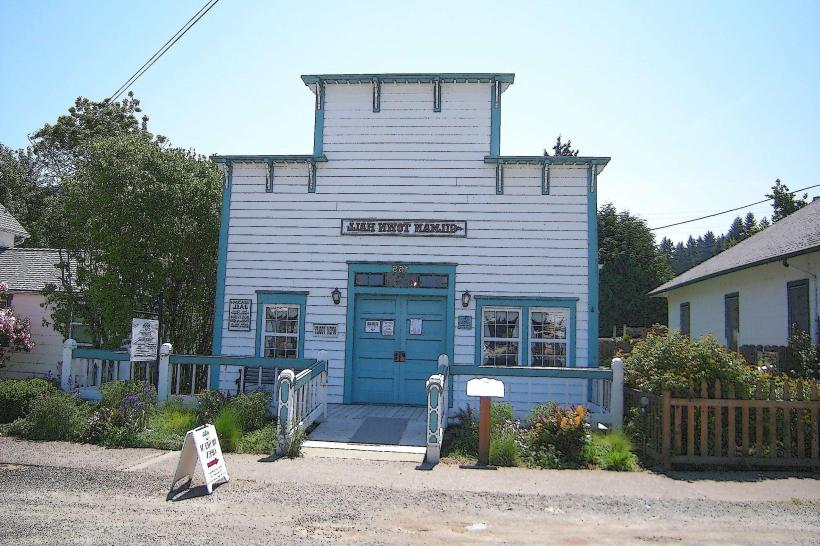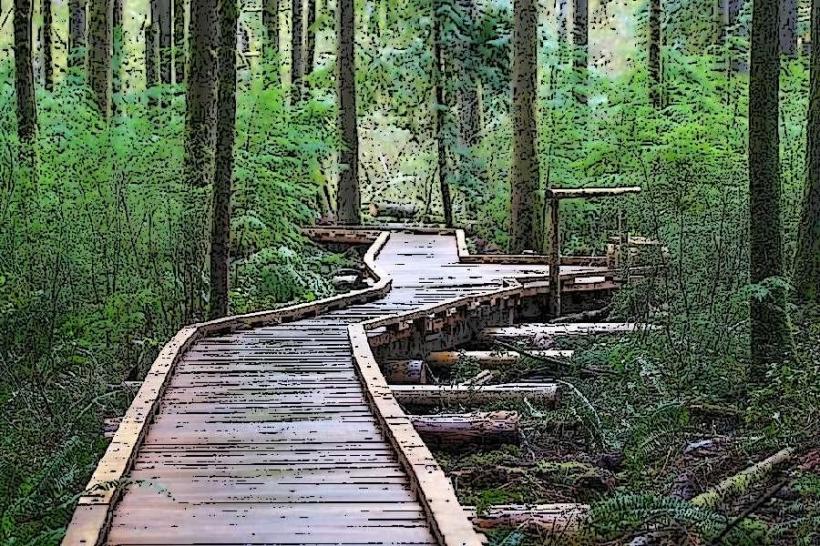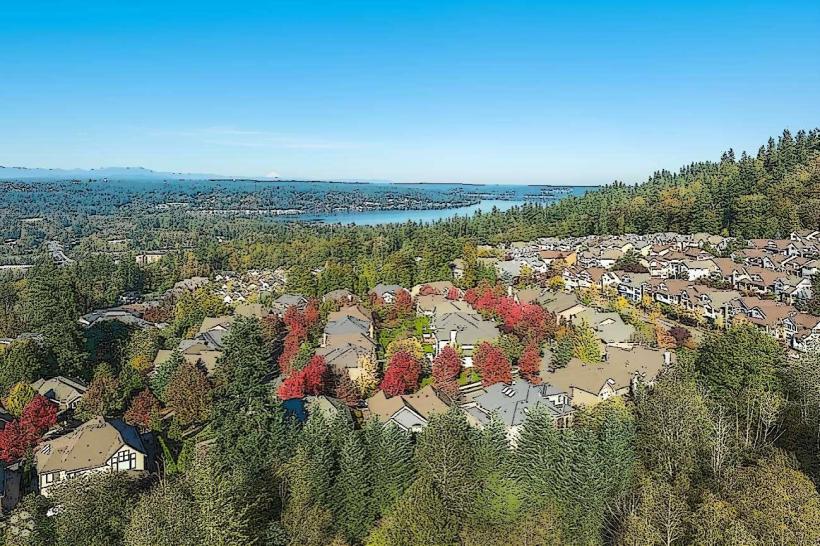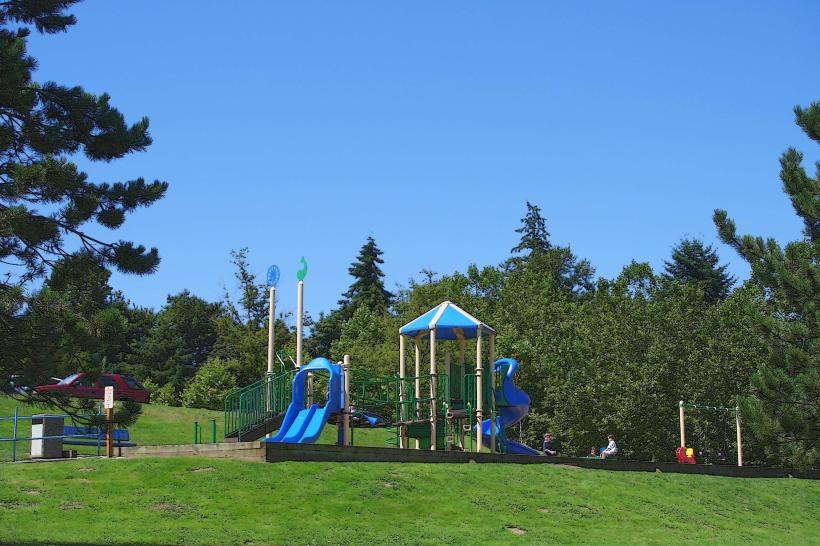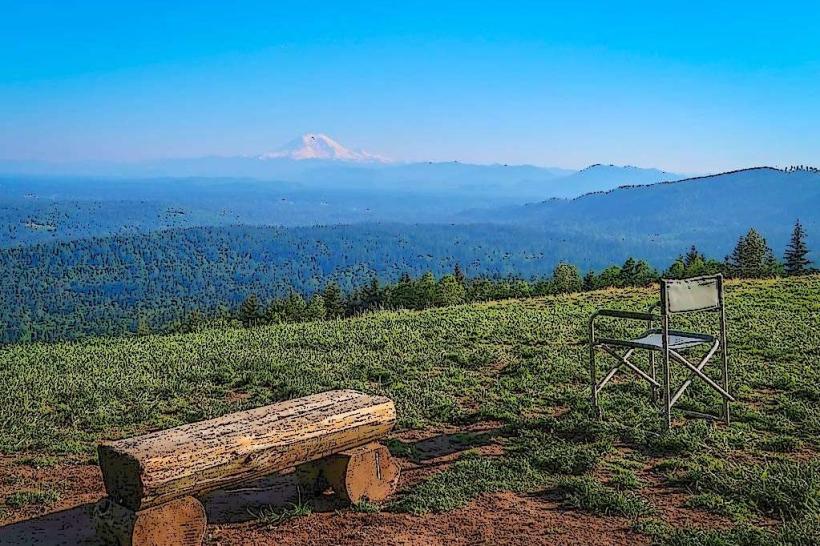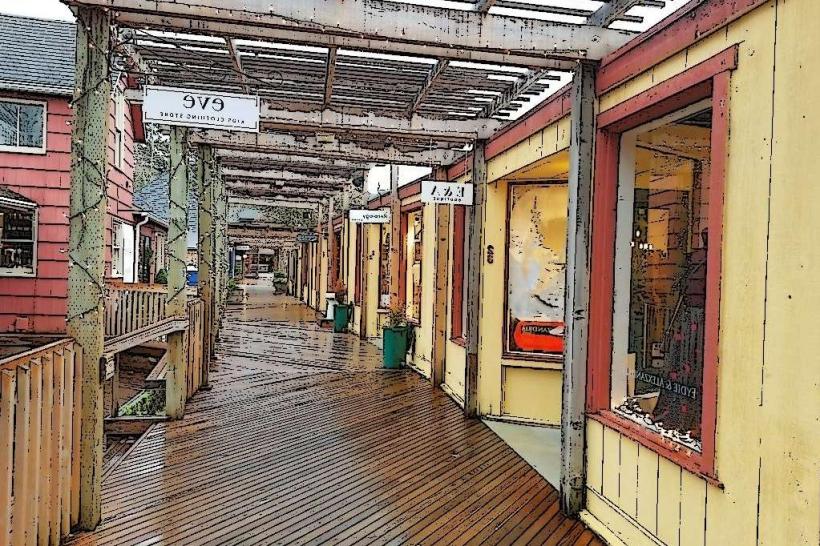Information
City: IssaquahCountry: USA Washington
Continent: North America
Issaquah, USA Washington, North America
Issaquah is an independent city in King County, situated at the southern end of Lake Sammamish. Known as the "Gateway to the Cascades," it is a major hub for the outdoor recreation industry and serves as the global headquarters for Costco Wholesale.
Historical Timeline
Inhabited by the Sammamish people for millennia. Primary governance eras include its late 19th-century boom as a mining and logging town, then known as "Squak." A critical historical event was the 1885 "Squak Valley Chinese Massacre," a pivotal conflict in regional labor history. The city was incorporated in 1892 and renamed Issaquah in 1899. The late 20th century was defined by its transition from a rural town to a high-density tech-commuter suburb following the expansion of I-90. The 21st century has been characterized by the development of Issaquah Highlands, a master-planned, sustainable urban village.
Demographics & Population
The population is approximately 40,000. The demographics are White (60%), Asian (26%), Hispanic or Latino (7%), and Black or African American (2%). The median household income exceeds $155,000. It is a highly educated professional enclave with a significant portion of residents employed in the aerospace and software sectors.
Urban Layout & Key Districts
The city is topographically defined by the "Issaquah Alps" (Cougar, Squak, and Tiger Mountains).
Olde Town: The historic core featuring the Village Theatre, Gilman Village, and independent dining along Front Street.
Issaquah Highlands: A high-elevation, mixed-use district featuring modern apartments, retail, and a "built-green" infrastructure.
Talus: A master-planned community integrated into the slopes of Cougar Mountain.
North Issaquah / Rowley: The commercial and industrial hub housing Costco HQ and major retail centers.
Top City Landmarks
Village Theatre: One of the Pacific Northwest’s leading centers for musical theatre.
Gilman Village: A unique retail center composed of relocated historic houses and buildings.
Cougar Mountain Zoo: Specializing in endangered species, including a notable cougar exhibit.
Salmon Hatchery: Located in the city center; a primary site for viewing the annual salmon migration.
Tiger Mountain State Forest: A world-class destination for paragliding, mountain biking, and hiking.
Boehm’s Candies: A historic Swiss-style chalet and chocolate factory.
Transportation Network
Movement is serviced by King County Metro and Sound Transit. The city is the eastern terminus of the I-90 high-occupancy transit corridor. It is served by Seattle-Tacoma International Airport (SEA). Ride-sharing is universal. Traffic density is extreme on Front Street and the I-90 interchanges during peak hours, often resulting from "mountain-bound" recreational traffic on weekends.
Safety & "Red Zones"
The general safety level is very high. Crime rates are significantly below the national average. Property crime, specifically vehicle prowls at mountain trailheads and "package theft" in high-density developments, is the primary issue. There are no designated "red zones." Caution is advised for drivers during autumn, as deer and elk crossings are frequent on SR-900 and Issaquah-Hobart Road.
Digital & Financial Infrastructure
Internet speeds average 500+ Mbps with fiber availability via CenturyLink (Lumen) and Xfinity. Main mobile carriers are T-Mobile, Verizon, and AT&T. Card acceptance is universal. ATMs are concentrated in the Olde Town and Highlands districts.
Climate & Air Quality
Temperatures range from 2°C to 8°C in winter and 13°C to 26°C in summer. Characterized by higher rainfall and more frequent snow than Seattle due to its proximity to the foothills. Air quality is consistently high, though vulnerable to valley "inversions" that can trap wildfire smoke in late summer.
Culture & Social Norms
The standard tipping percentage is 20–25%. A handshake is the standard greeting. Dress codes are "Mountain-Casual" (outdoor technical gear is acceptable in nearly all settings). The city is culturally defined by the Salmon Days Festival, its deep commitment to environmental land trusts, and its "Active-Professional" social atmosphere.
Accommodation Zones
North Issaquah / I-90: Recommended for business travelers and national hotel chains.
Olde Town: Recommended for local character and walkable access to the theatre and dining.
Local Cost Index
1 Espresso: $5.50 (USD)
1 Standard Lunch: $22.00 (USD)
1 Bus Fare: $2.75 (USD).
Nearby Day Trips
Snoqualmie Falls: (15 km east).
The Summit at Snoqualmie (Skiing): (45 km east).
Seattle: (25 km west).
Lake Sammamish State Park: (Located within city limits).
Facts & Legends
Issaquah is the only city in the world to house the global headquarters of Costco Wholesale. Historically, it was the site of a major 1920s Ku Klux Klan rally, a legacy the city has formally confronted and repudiated. A local legend involves the "Phantom of Tiger Mountain," a rumored hermit who aids lost hikers. Another legend concerns the "Secret Coal Tunnels," a rumored network of abandoned mines beneath Olde Town that are said to occasionally cause unexplained ground tremors.

